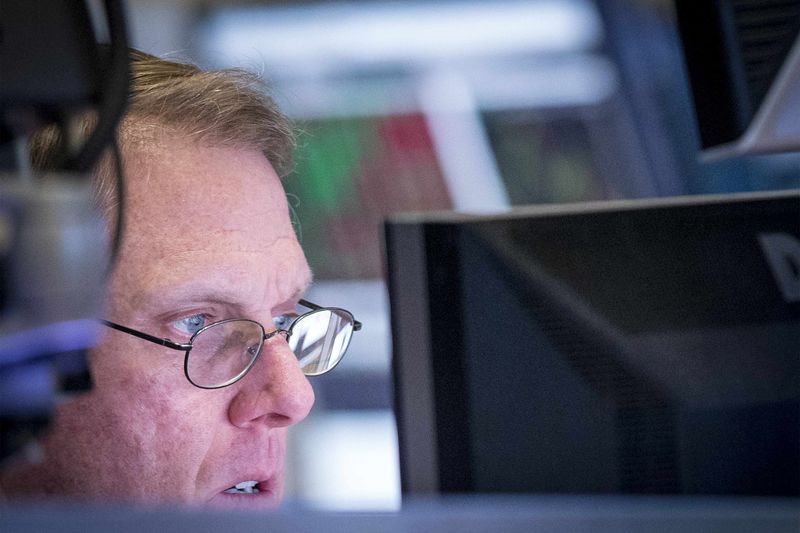Thor Energy PLC (AIM:THR, OTCQB:THORF, ASX:THR) has been greenlighted by authorities in Australia for its first stage of in-groundwork on the Kapunda copper in-situ recovery project, in South Australia.
The company, in a statement, said it received key environmental approvals from the Government of South Australia.
Its phase of work, described as a site environmental lixiviant test, involves the mixing of a biodegradable solution (called a lixiviant) with groundwater, for placement within the copper orebody.
The lixiviant remains in-situ for a period of time – under a phase of sampling and testing – and is subsequently extracted, before the site is rehabilitated.
Thor told investors it expects to commence the trial later this month.
It is expected to provide key information for a future project including data on copper dissolution, copper recovery, hydrogeological parameters, and rehabilitation, the company noted.
Nicole Galloway Warland, Thor managing director, said the project complements the company’s longer-term focus on the green energy transition.
"Thor is pleased that the Government of South Australia awarded a key environmental approval to advance the Kapunda copper ISR project,” she said.
“This in-situ lixiviant "SELT" test is a critical step in the assessment of the ISR process, determining the copper solubility hence recovery, as well as hydrogeological parameters from the Kapunda copper mineralisation.”
Galloway Warland added: “The recent addition of copper to the critical minerals list by the Government of South Australia reiterates the importance of copper in driving the global transition towards cleaner and more sustainable energy.
“The Government of South Australia implemented a copper strategy in 2016 with the aim of trebling copper production by 2030, so we are confident our strategy combined with the work being carried out by ECL will align with their objective.
“We look forward to updating the market on the development of the Kapunda Project."
Thor’s subsidiary EnviroCopper Limited (ECL) holds a 30% in the Kapunda project, which is a joint venture with Terramin.
